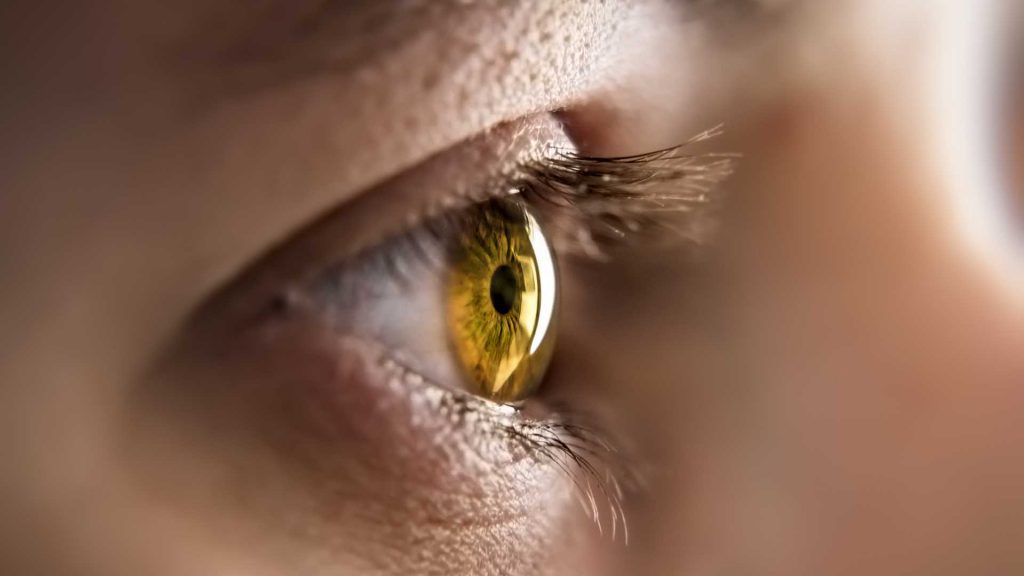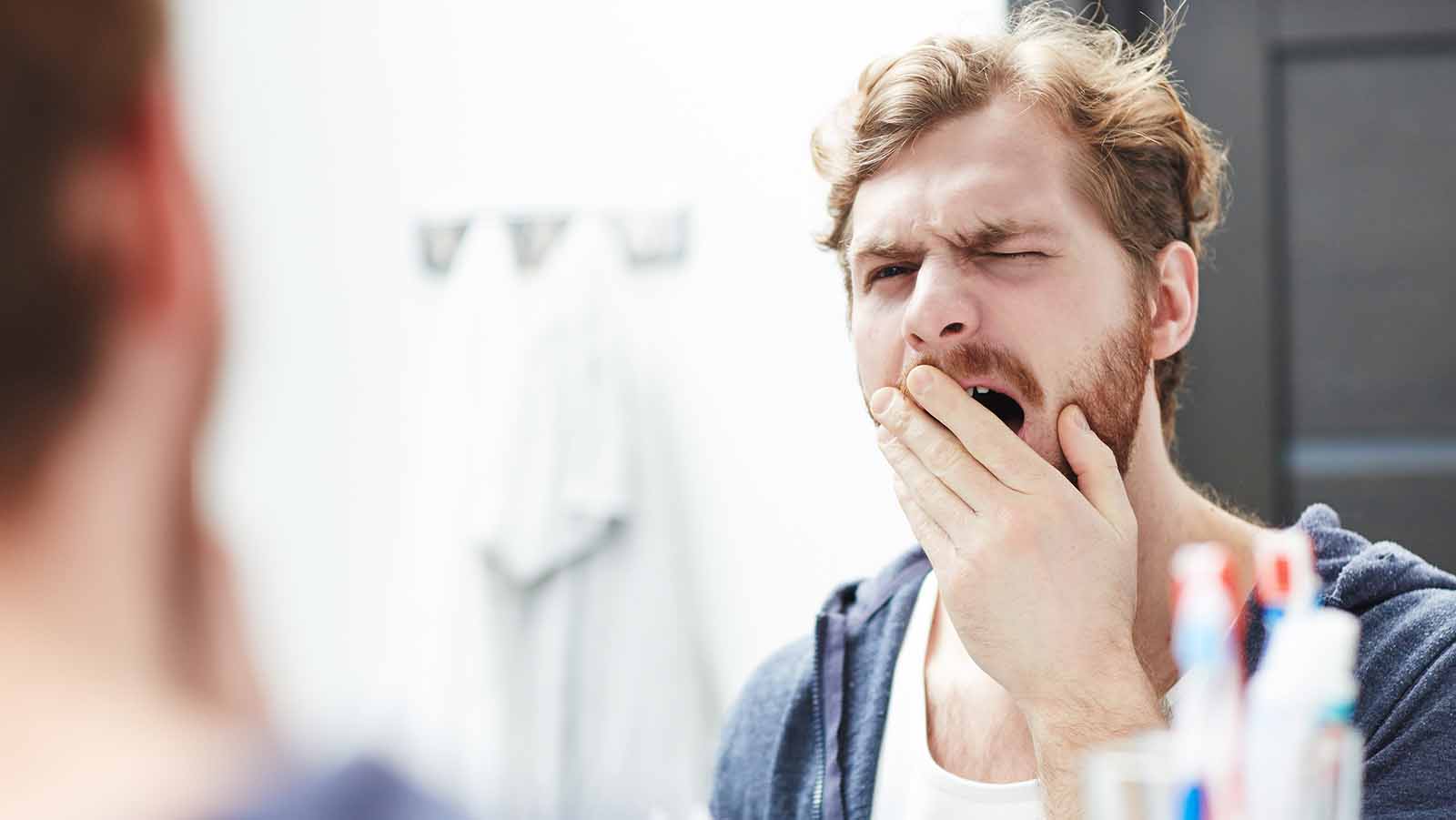What Does It Mean When Your Pupils Are Dilated?

Possible Causes of Dilated Pupils
There are many possible causes of dilated pupils that are not drug related. Here are some internal and external issues that may result in dilation:
- Dim lighting
- Mental & emotional state
- Eye injuries
- Brain injuries
- Poisonings
- Stroke or tumor
And, of course, dilation can be caused by over-the-counter, prescription, or illegal drugs. In fact, neurotransmitters that are activated by many prescription medications can make the pupils dilate as well. The ingredients of the drug, what the substance activates, withdrawal from the drug, or overdose may all have something to do with dilation.
Which Drugs Cause the Pupils to Dilate?
Below is a list of all of the drugs that may contribute to pupil dilation. Some of the drugs can be purchased at your local pharmacy and taken regularly, whereas others are prohibited and dangerous substances.
- Antidepressants & SSRIs
- Antihistamines (Benadryl)
- Benzodiazepines
- Motion sickness medicine
- Parkinson’s medication
- Decongestants
- Stimulants (adderall, Ritalin)
- Bath salts
- Amphetamines
- Cocaine
- Crystal meth
- Ecstasy
- LSD
- MDMA
Pupil dilation, as you can see, is a common side effect when using any type of drug. While the symptom itself is most likely not dangerous, dilation can point to or be a sign of a more serious issue.
Managing Dilated Pupils
If your pupils are dilated due to drug use, they should un-dilate on their own as you come down from the other side effects. If they don’t, be sure to contact a medical professional as soon as possible. Those who are struggling with pupil dilation are encouraged to purchase special contacts or lenses, wear strong sunglasses, and steer clear from bright lights.





